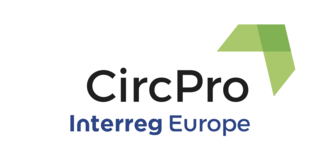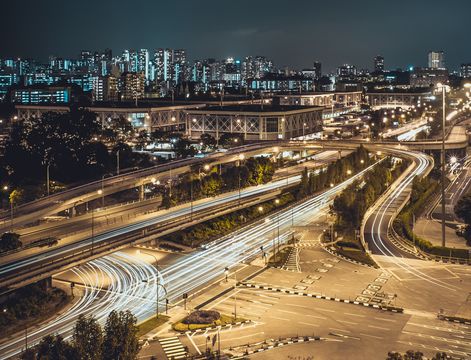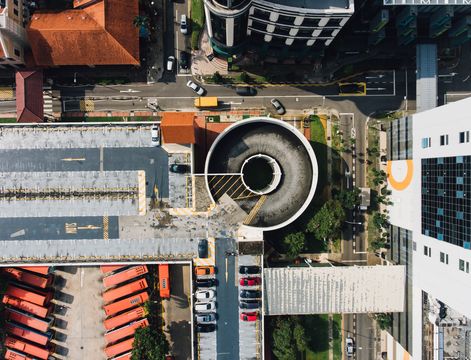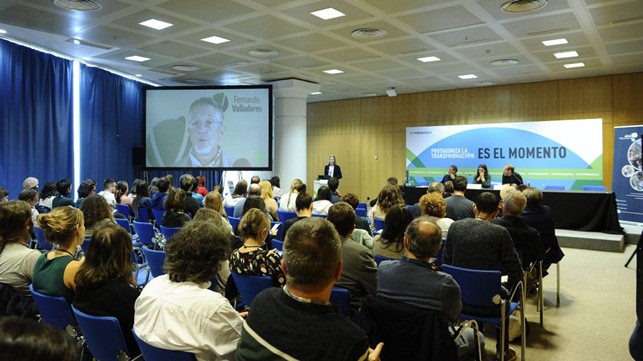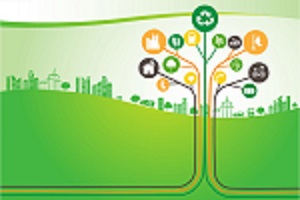Transport is one of the main polluters in the European Union that accounts for a quarter of greenhouse gas emissions of which 90% should be reduced by 2050. Mobility is also especially important in development policies and strategies of both urban and rural areas. Therefore, the public sector is highly involved in the creation of more sustainable transport and mobility sector. To investigate and share existing good practices of sustainable transport and mobility solutions together with circular procurement, on 17th-18th February Lithuanian Innovation Centre has organized an interregional learning webinar.
The first webinar day was dedicated to Lithuanian good practices and the developments that were shared by the policy panel. Member of Lithuanian Parliament Kasparas Adomaitis has introduced a draft law on alternative fuels that will require a gradual increase in the use of renewable energy sources in traditional fuels, reaching 16.8% by 2030. This law will have clear economic and social benefits such as long-term direction for the transport and biofuel sectors, long-term competitiveness and export opportunities of the biofuels sector, use of local energy resources and development of jobs in the regions, strengthening energy independence by reducing oil imports, and better urban air quality due to the development of electric mobility and establishment of low pollution zones. According to Kasparas Adomaitis, opportunities to shift to sustainable transport lies in public procurement as well. The law will oblige procuring organizations to have at least 60% of clean vehicles (categories M1, M2, or N1) from all procured vehicles in the same category by 2026.
Anton Nikitin, Chief Engineer of the City of Vilnius presented Vilnius Sustainable Urban Mobility Plan. Future goal to make Vilnius a better place for people is directed to encourage people to use public transport or other alternatives like walking or bicycling. The latter is considered to be the highest priority of mobility alternatives in the city. It is expected that by 2030 8% of total trips in the city will be made by bike, that the cycling infrastructure will be fully developed and that calm traffic streets will be an integral part of the safe cycling infrastructure network. Another key change that Vilnius Municipality is working on is the improvement of traffic management. It includes the renewal of the traffic light system and giving a priority to cyclists, pedestrians, and public transport. The department of public procurement of Vilnius city municipality is contributing to the creation of more sustainable mobility in the city by cooperating with other departments and municipal companies that have a high demand for transportation.
The webinar also included presentations from the private sector. Companies shared different examples of how circular economy principles are integrated into their business. Matis Indov, Export Director & OEM Partnerships of Fleet Complete shared a solution for improving a delivery system. The company created an app where customers’ orders are put in an online system and drivers receive these orders on their devices so they can complete the deliveries by choosing a time window. This way, they are making the whole process more efficient by saving time, fuel, and other resources. Also, a representative of SPARK shared the company’s experience of offering electric-only car-sharing services. At the core of SPARK’s services is the in-house developed electric car-sharing software platform and mobile application which enables easy-to-use solutions for people in need of transportation.
The interregional webinar was also filled with moderated discussions among participants. During which partners have learned about existing challenges and solutions in different regions. To get to know the situation of circular economy and circular procurement in the country, Lithuanian Innovation Centre was also presenting a video about the opportunities and challenges of circular economy in Lithuania. Link to the video: www.youtube.com/watch
The second day of the webinar was dedicated to the CircPro partnership and good practice sharing among regions. Presentations from different stakeholders have shown that most often circular procurement is being used to renew current transport, for example, buying electric vehicles and placing charging stations. However, there are a lot of different ways how policymakers and public institutions can contribute to more sustainable mobility. There is a big potential to use circular procurement not only to acquire electric vehicles, but also to design and build circular infrastructure and support innovative solutions.
